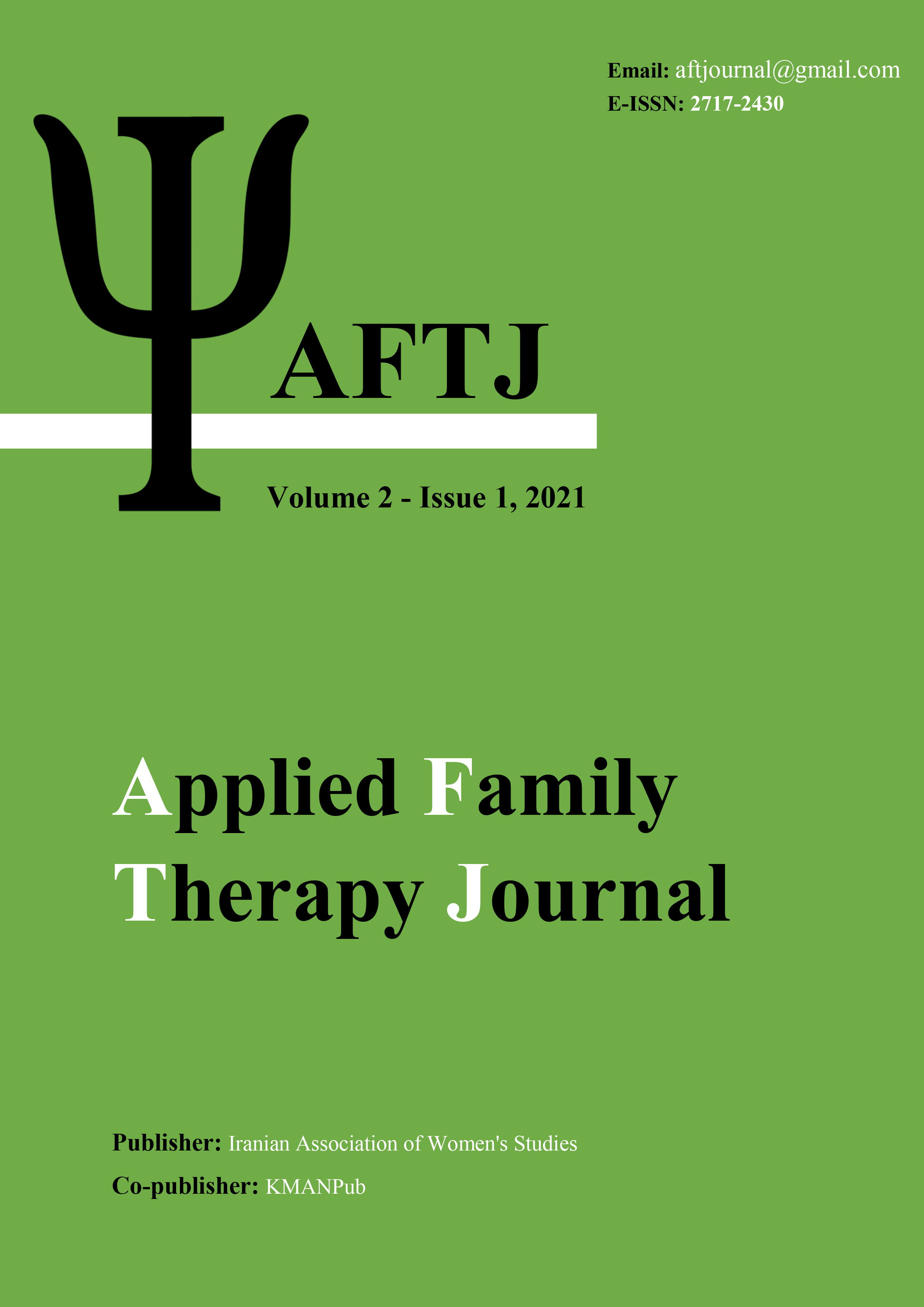Comparing the effectiveness of self-regulation strategies (cognitive and meta-cognitive) and motivational-cognitive multidimensional interventions on the executive functions of adolescents
Keywords:
self-regulation strategies (cognitive and metacognitive), executive functions, motivational-cognitive multidimensional interventions, teenagersAbstract
Aim: The present study was conducted with the aim of comparing the effectiveness of self-regulation strategies (cognitive and meta-cognitive) and motivational-cognitive multidimensional interventions on students' executive functions. Method: The present study was a semi-experimental study with a pre-test and post-test design and follow-up with a control group. The statistical population of the current study was made up of all secondary school students of the second year of Kashmir city; And the research sample included 45 subjects who were selected by multi-stage cluster sampling method and were randomly placed in three experimental groups 1 (15 people), experimental 2 (15 people) and control (15 people). To teach self-regulation learning strategies for experimental group 1, Kerami et al.'s educational package (2012) was used. And to implement multidimensional motivational-cognitive interventions among experimental group 2, Martin's multidimensional interventions educational package (2008) was used. To collect information from the classification test The Wisconsin cards of Grant and Berg (1948) were used. For the statistical analysis of the data, multivariate analysis of variance with repeated measurements was used with the help of SPSS software. Results: The results showed that the training of self-regulation strategies (cognitive and meta-cognitive) and motivational-cognitive multidimensional interventions, compared to the control group, improved the scores of the number of correct classes (PI coefficient: 343.94 and significance: 0.001), remaining error (PI coefficient: 788). 44/ and significance: 0.001) and the total error (F coefficient: 102.914 and significance: 0.001) (P<0.05). There is no statistically significant difference between the effectiveness of teaching self-regulation strategies (cognitive and meta-cognitive) and motivational-cognitive multidimensional interventions in the number of correct classes, remaining errors and total errors of students in the post-test and follow-up stages (P>0.05). Conclusion: Self-regulation strategies (cognitive and meta-cognitive) and motivational-cognitive multidimensional interventions are an effective method in students' executive functions. When learners are involved in assignments and this involvement leads to problem solving and learning, it makes them show more of their life and act more successfully against academic challenges after success.
Downloads
Downloads
Published
Issue
Section
License

This work is licensed under a Creative Commons Attribution-NonCommercial 4.0 International License.


















